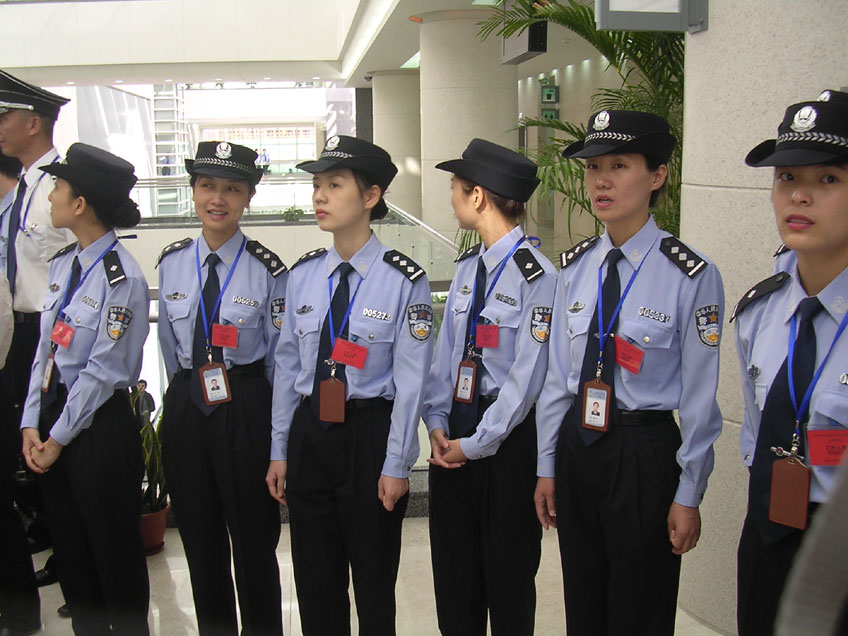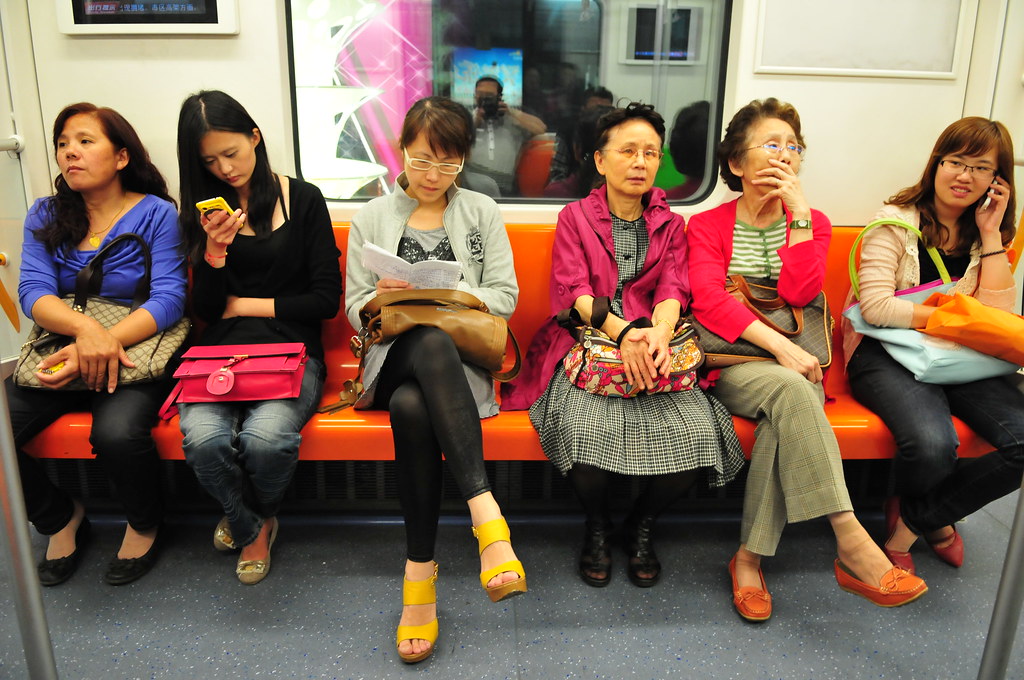
International Women’s Day China
International Women’s Day provides communities with an opportunity to reflect on the progress of gender equality and equal opportunities. In China, where unparalleled economic growth has transformed the country from an agrarian society to a economy challenging the US for dominance of the global high-tech economy, much progress is still needed.
The lives of China’s one billion population have been propelled into a consumer-driven, technology-laden 21st Century lifestyles. However, the opportunities, expectations and freedoms of women remain largely governed by the sentiments of the past. Gender inequality remains a factor which denies many women the chance to realise their ambitions and potentials.

More progress needed on gender equality
According to a recent International Women’s Day report by the World Economic Forum’s (WEF), China’s Gender Gap Index score has fallen for the fifth year running. China now ranks below Myanmar and Russia, coming in 103rd place from 149 countries. The WEF’s annual report puts China a very long way behind Namibia and Rwanda, two African nations which make the top 10 for gender equality. China’s poor ranking in this index is a clear indication that much needs to be done to improve the rights, freedoms and opportunities of women in China.
The WEF’s gender index focuses on women’s opportunities in four areas: politics, education, health and the economy.
Gender Quality in Education
In terms of education, China has made significant progress. Girls of all ages have far greater access to education than they’ve had previously.
Since 2009, the number of girls enrolling in higher education has been higher than the number for male students. Females now account for 51.4 percent of all students in universities. Considering that in 1985, girls only constituted 25 percent of the students enrolled in secondary school, this is a remarkable achievement. Furthermore, women are dominating many academic fields including; science, mathematics, engineering and automation. These are all areas that should be acknowledged and celebrated on International Women’s Day.
Higher female enrolment levels in universities should equate to great equality – but clearly this isn’t the case. So why is China ranking so poorly in gender equality?

As the education figures indicate, the problems with gender equality in China are not caused by education. The factors holding women back come from the family, the workplace and the wider society.
Women in the workplace
Officially, women’s rights in the workplace place them on an equal footing with men. However, women earn on average 22 percent less than their male colleagues. In many Chinese organisations men are considered to be better decision makers and more natural leaders, simply because of their gender.
Societal Pressures
China’s rapidly ageing population is becoming a concern for the country’s leaders. This is more pressure on women to marry and have children early, in an attempt to rectify this population imbalance. Government officials have gone as far as urging young women not to be ‘too picky’. When it comes to finding a partner, women have been told to settle for ‘Mr OK’ instead of waiting for ‘Mr Right’.
Many families also exert great pressure on young women to marry and settle down. A high number of Chinese parents arrange marriages for their daughters who remain single in their late twenties. This happens to avoid them becoming a ‘Sheng Nu’, a derogatory term with is translated as ‘leftover women’. The video below details one daughter’s experiences of such an experience.
Perhaps unsurprisingly, men who remain bachelors into their 30s do not suffer such negative attitudes from society.
More Progress Needed

If China’s populace are to genuinely benefit from the progress and development the country has over recent decades, gender inequality needs to be tackled.
Female graduates entering the workplace deserve to be treated as equals, with equal rights and equal pay. While the wider society will need to update their attitudes towards the role of women in society in future International Women’s Days can be more celebratory.